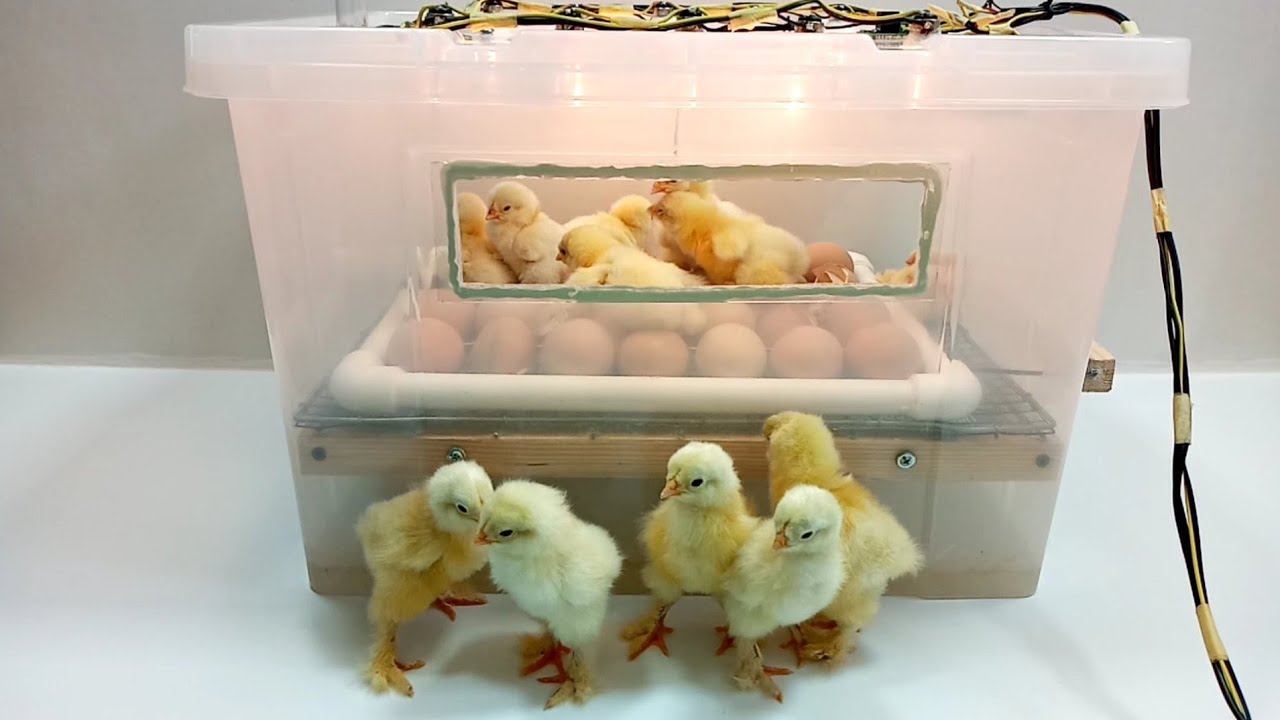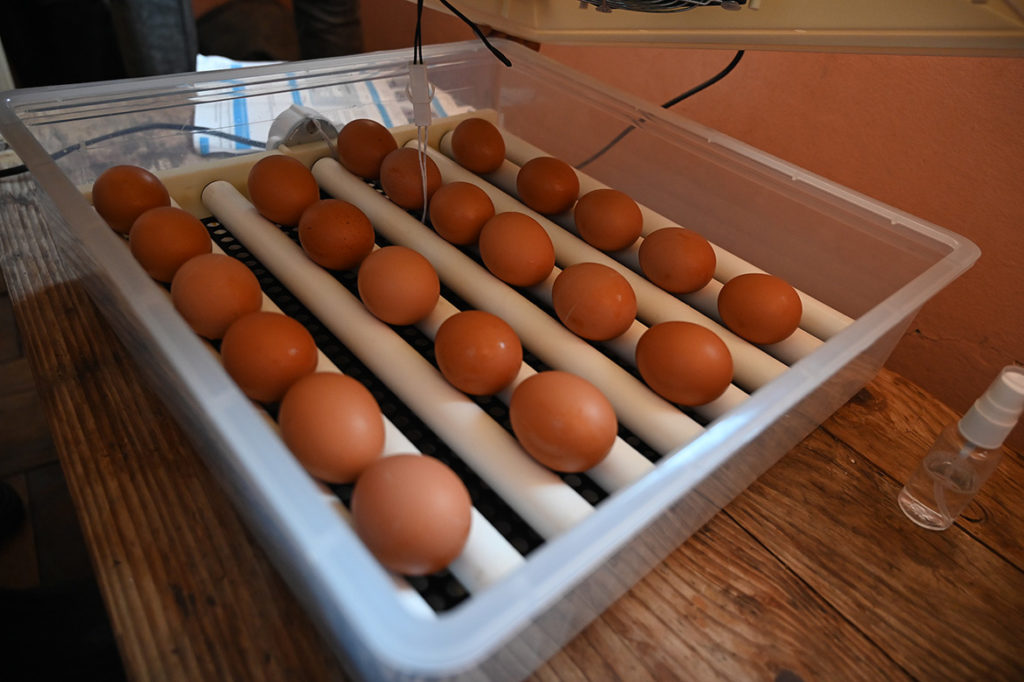Storing eggs properly before incubation is crucial for anyone looking to hatch healthy chicks. Whether you’re a seasoned poultry keeper or a beginner, understanding how to store eggs before incubation can make a significant difference in hatch rates. This guide will walk you through everything you need to know about storing eggs, from the ideal conditions to common mistakes to avoid.

Why Proper Egg Storage Matters
The way you store eggs before incubation can impact the viability of the embryo. Eggs that are not stored correctly can suffer from reduced hatchability or even complete failure to develop. By learning the best practices for egg storage, you can improve your chances of a successful hatch.
Ideal Conditions for Egg Storage
Temperature and humidity are key factors in egg storage. The ideal temperature for storing eggs is between 50F and 60F (10C to 16C), with a humidity level of 70-80%. These conditions help maintain the vitality of the embryo without triggering premature development.
Temperature Control
Keeping eggs at a consistent temperature is crucial. Fluctuations can cause the embryo to start developing too early or die. A thermometer can help monitor the storage environment, ensuring it remains within the ideal range.
Humidity Levels
Humidity helps prevent the egg from losing moisture, which is vital for embryo survival. Too much humidity, however, can lead to mold growth. Using a hygrometer can help you track humidity levels accurately.
Handling Eggs with Care
Eggs should be handled gently to prevent cracks or other damage. Always wash your hands before handling eggs to reduce the risk of transferring bacteria.
Positioning the Eggs
Store eggs with the pointed end facing down to keep the air cell stable and support embryo development. This position prevents the yolk from pressing against the shell, which can damage the embryo.
Turning the Eggs
Turning eggs regularly, at least three times a day, helps keep the yolk centered and prevents the embryo from sticking to the shell. This practice also promotes better circulation of nutrients within the egg.
Timing: When to Incubate
It’s best to incubate eggs within seven days of being laid. The longer eggs are stored, the lower the hatch rate, so timing is essential. However, if you must store them longer, ensure they are kept under optimal conditions.
Common Mistakes in Egg Storage
Avoiding common mistakes can improve your success in hatching. Here are some pitfalls to watch out for:
Exposing Eggs to Direct Sunlight
Direct sunlight can cause eggs to heat unevenly, damaging the embryo. Store eggs in a cool, shaded place to avoid this risk.
Neglecting Temperature and Humidity
Failing to maintain the right temperature and humidity levels can dramatically affect hatch rates. Invest in quality monitoring tools to keep these factors in check.

Frequently Asked Questions
What is the best temperature to store eggs before incubation?
Eggs should be stored at a temperature between 50F and 60F (10C to 16C) to maintain embryo viability.
How long can eggs be stored before they must be incubated?
For best results, eggs should be incubated within seven days of being laid. Longer storage can reduce hatch rates.
Why is it important to turn eggs during storage?
Turning eggs prevents the embryo from sticking to the shell and helps maintain the yolk’s central position, which is crucial for healthy development.
For more detailed guidance, you can visit Purina Mills on hatching eggs or check out this video guide for incubator setup.
For additional tips on egg incubation and care, explore more articles like how often to candle eggs and ideal temperature for chicken incubator on our website.
This article contains affiliate links. We may earn a commission at no extra cost to you.











